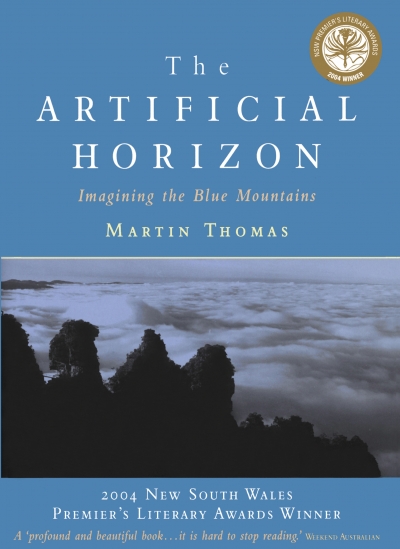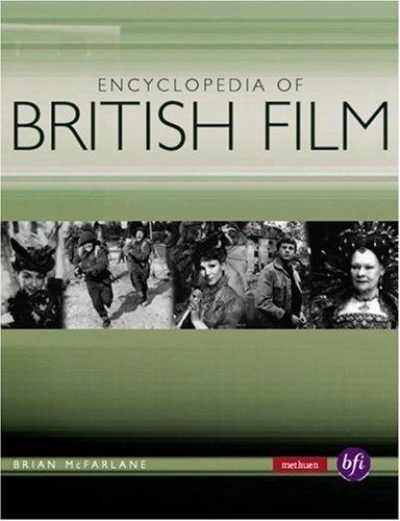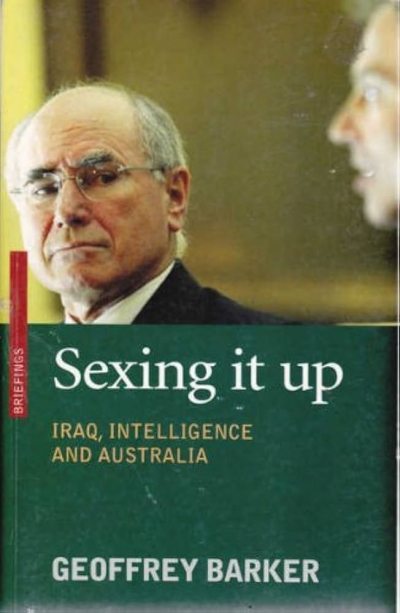Archive
The Artificial Horizon: Imagining the Blue Mountains by Martin Thomas
Here is the ideal place for the attempt,
Here where the Christmas sales dispose
Their day-late offerings
(From which, it seems, scarcely a soul’s exempt):
Whitegoods and videos,
The manchester, the saucepans and CDs,
The swimwear, lingerie that sings
The body and its moistening promises. ... (read more)
The National Library holds a vast array of items relating to Australian childhood. Within the general collection there is the literature itself, ranging from the first children’s book published in Australia (Charlotte Barton’s A Mother’s Offering to Her Children, 1841) through sundry omnibuses, to the latest work by Ursula Dubosarksy or Andy Griffiths – not to mention the glories of the John Ryan Comic Book Collection. This material is supplemented by biographies and autobiographies, and by a wide range of non-fiction publications documenting childhood in Australia. The Newspaper and Microform Collection is also a major resource in this area.
This vast amount of material is hugely amplified by holdings in the Library’s special collections. Among Oral History recordings are a great number of interviewees from all walks of life, who have given accounts of their childhood experiences. These range from Mary Gilmore’s recollections of the 1870s, through to the experiences of street kids in the 1990s. Likewise, the Library’s Folklore Collection incorporates children’s play songs and nursery rhymes. And the Oral History Collection includes Professor Fiona Stanley’s recent National Library Kenneth Myer Lecture on the subject of children’s rights and welfare.
... (read more)Sexing It Up by Geoffrey Barker & Why the War was Wrong edited by Raimond Gaita
He sang of old coins buried beneath the dunes,
to the north of the island, near the old artillery battery.
For forty years he rowed for mullet north, and south,
where the war epic motion picture was shot recently.
To the north of the island, near the old artillery battery
we played hide and seek as kids in acres of bladey-grass.
Where the war epic motion picture was shot recently
no one was allowed within a thousand metres.
Then, there were spires in every landscape
Tall, tapering fingers pressed together,
The supplications of early sainthood –
Those that the early painters made
To teach the unlettered, while the spires
Called them to listen and to pray.




